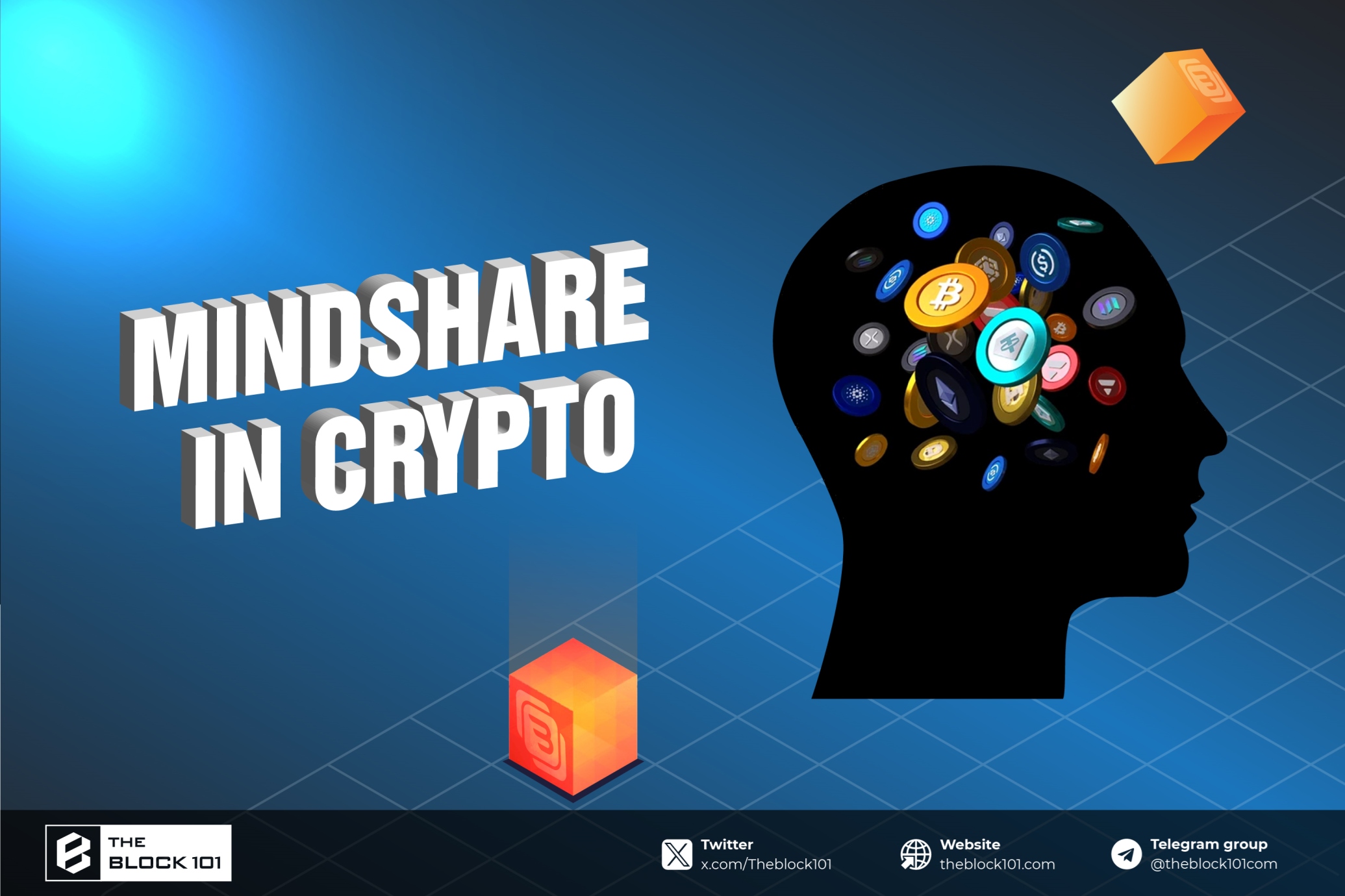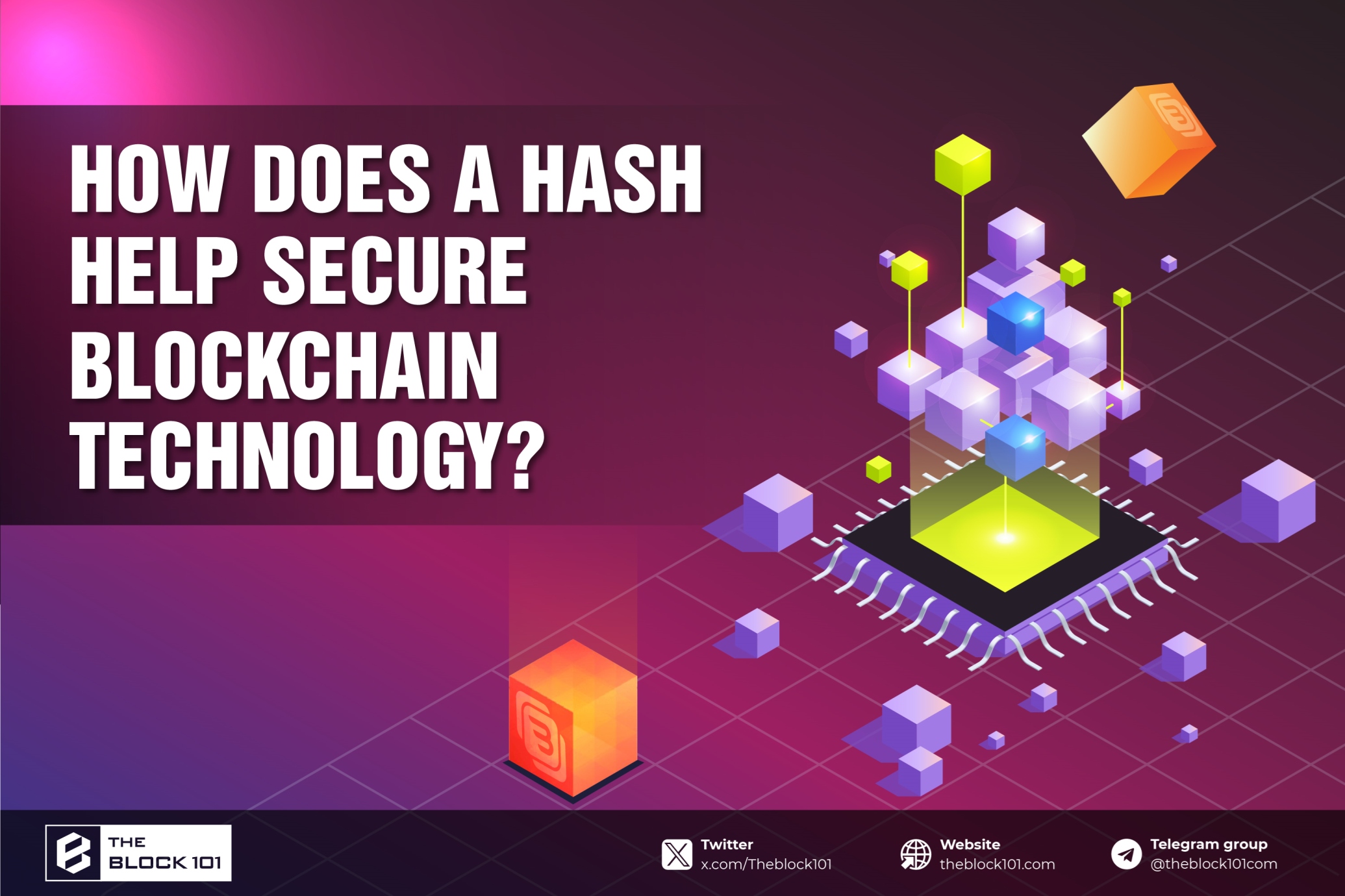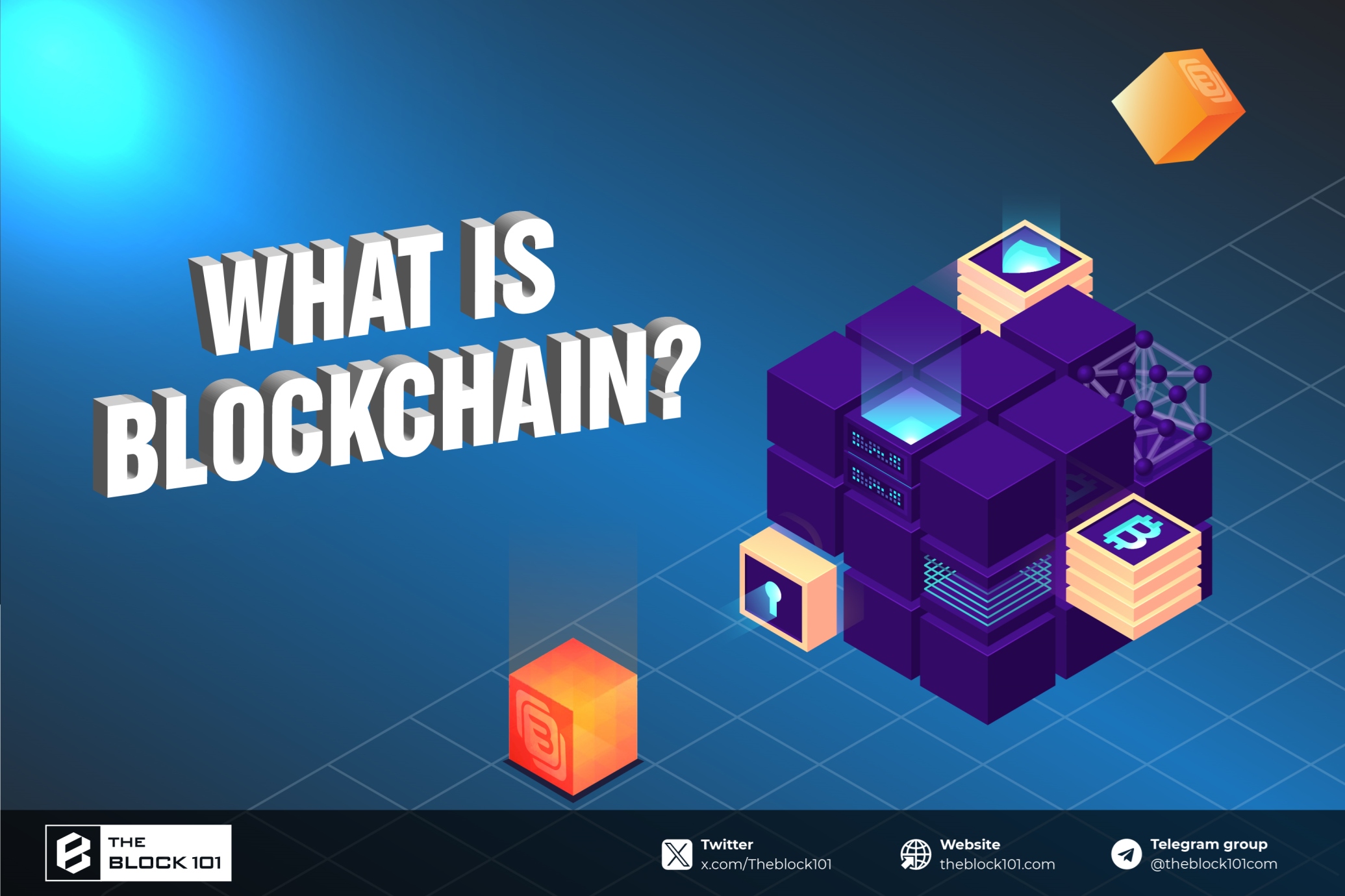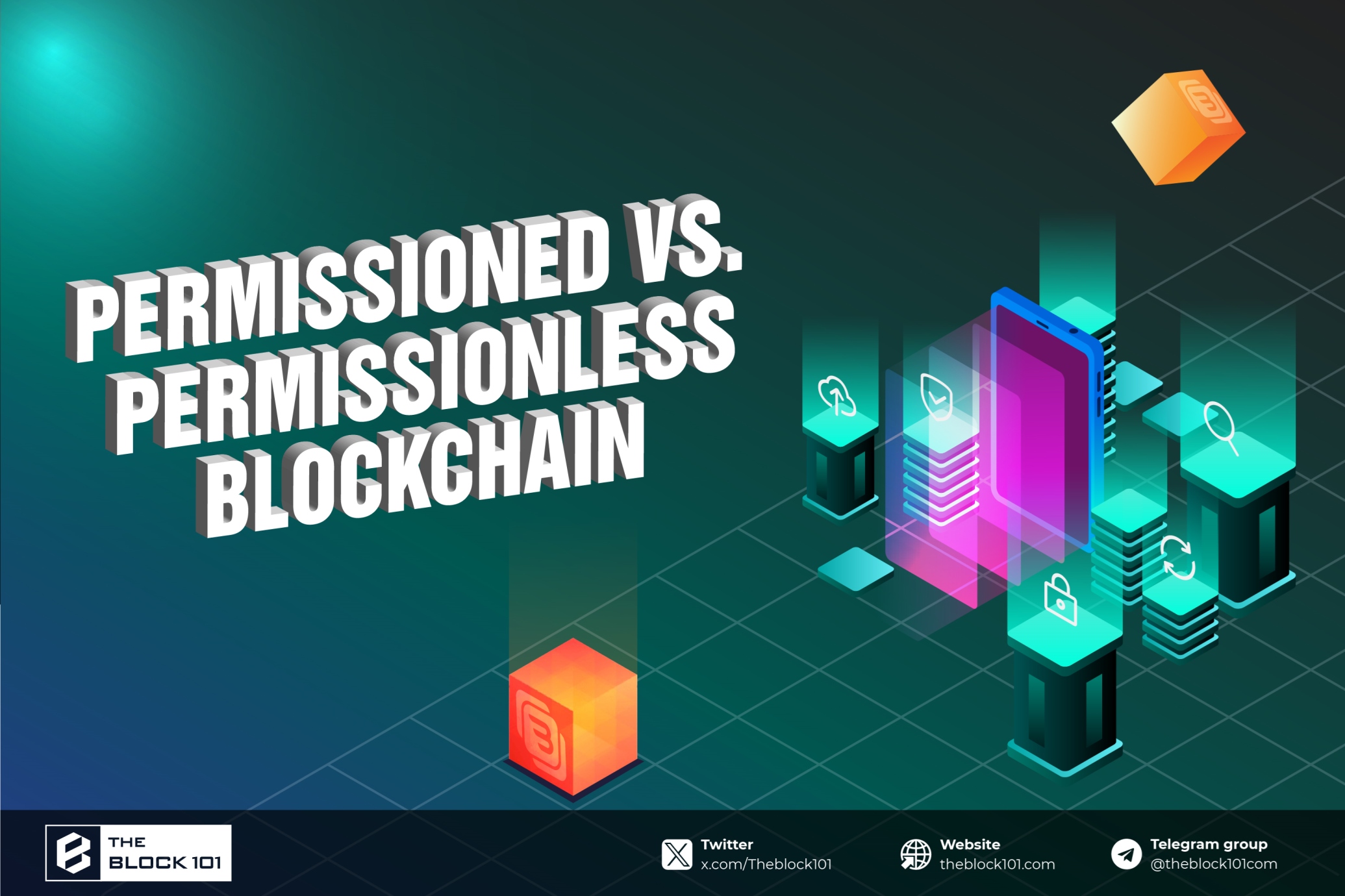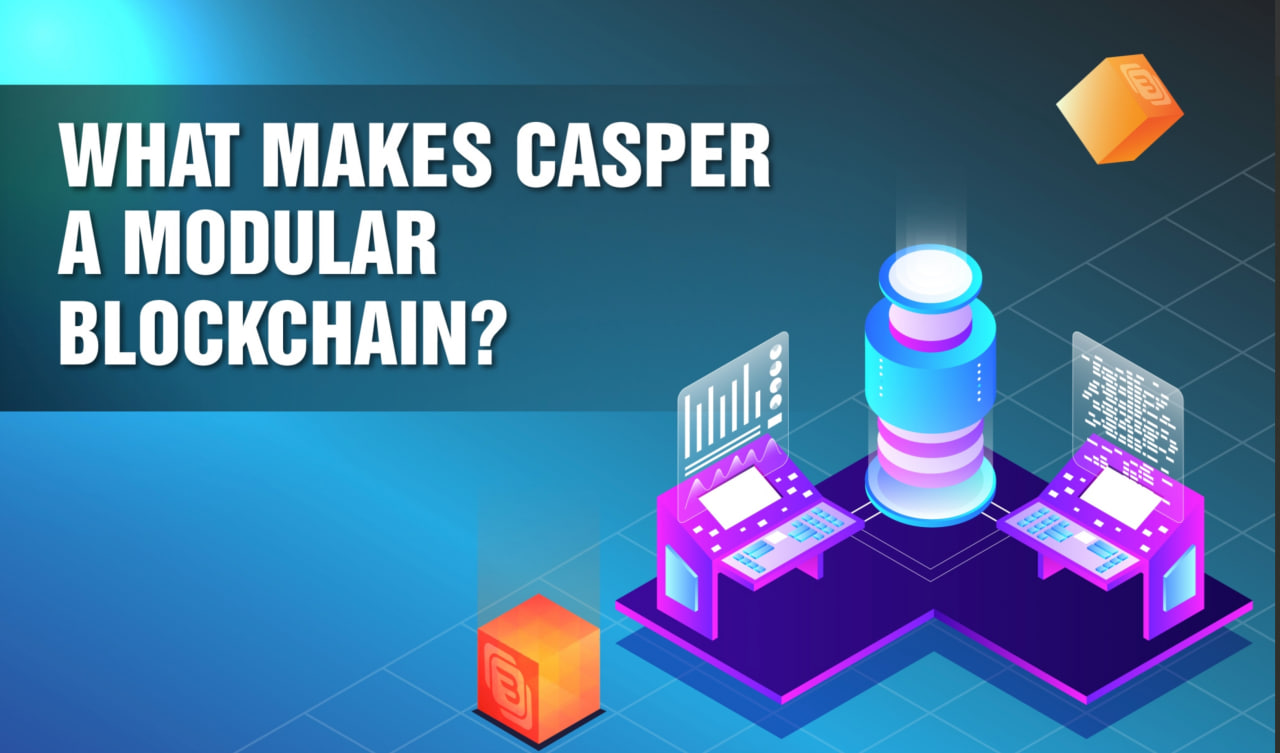1. What is a wallet address?
A wallet address is a unique identifier used to send, receive, and store cryptocurrencies within a blockchain network. It functions similarly to a bank account number, allowing individuals to send and receive digital assets such as Bitcoin, Ethereum, or other cryptocurrencies. Each cryptocurrency wallet address is a string of alphanumeric characters, typically generated through cryptographic algorithms, ensuring its uniqueness and security.
As an example, here is the Bitcoin genesis address - the first Bitcoin address ever: 1A1zP1eP5QGefi2DMPTfTL5SLmv7DivfNa.
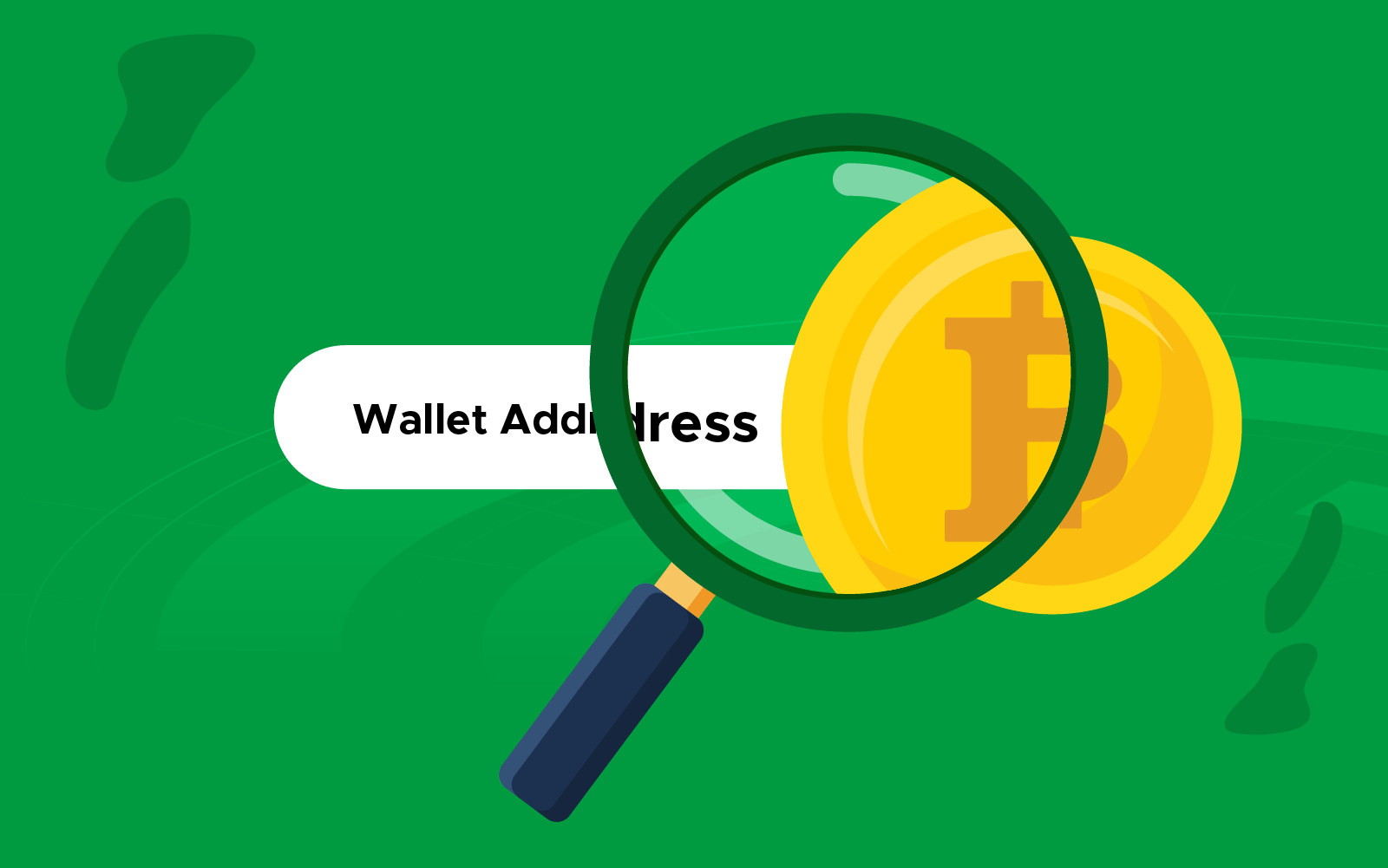
2. Origin of Birth
The concept of cryptocurrency wallet addresses emerged with the inception of Bitcoin and other blockchain-based digital currencies. Satoshi Nakamoto, the pseudonymous creator of Bitcoin, introduced the idea of using cryptographic keys to secure ownership and transactions of bitcoins.
Bitcoin transactions are recorded on a public ledger called the blockchain, and each participant in the network has a pair of cryptographic keys: a public key and a private key. The public key, also known as the wallet address, is used to receive funds, while the private key is used to access and spend those funds. The public key is derived from the private key through mathematical operations.
The first Bitcoin wallet software, released by Nakamoto in 2009, generated these key pairs and managed transactions. Over time, as cryptocurrencies gained popularity, various wallet implementations and formats emerged, but the fundamental concept of using a wallet address to send and receive funds remained consistent across different cryptocurrencies and wallet applications.
.png)
3. Public key vs. wallet address
Public Key and Wallet Address are both essential components of cryptocurrency transactions, but they serve different purposes:
Public Key:
- A public key is part of the asymmetric cryptography system used in cryptocurrencies like Bitcoin and Ethereum.
- It is derived from the private key using mathematical algorithms.
- The public key is mathematically related to the private key but cannot be used to derive the private key.
- Public keys are used to create digital signatures, which are necessary for verifying transactions on the blockchain.
- They are not typically shared directly with other users but are used behind the scenes during transactions.
Wallet Address:
- A wallet address is a hashed version of a public key.
- It is a string of alphanumeric characters that serves as an identifier for a specific cryptocurrency wallet.
- Wallet addresses are derived from public keys through cryptographic hashing algorithms.
- They are used to receive funds, similar to an account number in traditional banking systems.
- Wallet addresses are shared with others to receive payments or transfers of cryptocurrency.
- Wallet addresses are designed to be publicly shared, allowing anyone to send funds to the address.
4. Why are wallet addresses important?
Wallet addresses are important for several reasons:
- Identification: Wallet addresses serve as unique identifiers on the blockchain network. They distinguish one wallet from another, enabling accurate routing of transactions between users.
- Receiving Funds: Wallet addresses are crucial for receiving funds or cryptocurrencies. Users provide their wallet addresses to others or to platforms to receive payments, donations, or transfers.
- Security: Wallet addresses are generated using cryptographic algorithms, making them highly secure. Each address is mathematically linked to its corresponding private key, which is required to access and control the funds associated with that address.
- Transparency: Transactions made on blockchain networks are transparent and traceable. Wallet addresses play a vital role in tracking and verifying transactions on the blockchain ledger, enhancing transparency and accountability.
- Decentralization: Cryptocurrency wallets and their associated addresses operate independently of centralized authorities like banks. Users have full control over their wallet addresses and the funds associated with them, promoting decentralization and financial autonomy.
- Interoperability: Wallet addresses are compatible across various cryptocurrency platforms and exchanges. Users can use the same wallet address to send and receive different cryptocurrencies, facilitating interoperability within the broader cryptocurrency ecosystem.
- Global Access: Cryptocurrency wallet addresses can be accessed and used from anywhere with an internet connection, providing financial access to individuals worldwide, including those in regions with limited banking infrastructure.
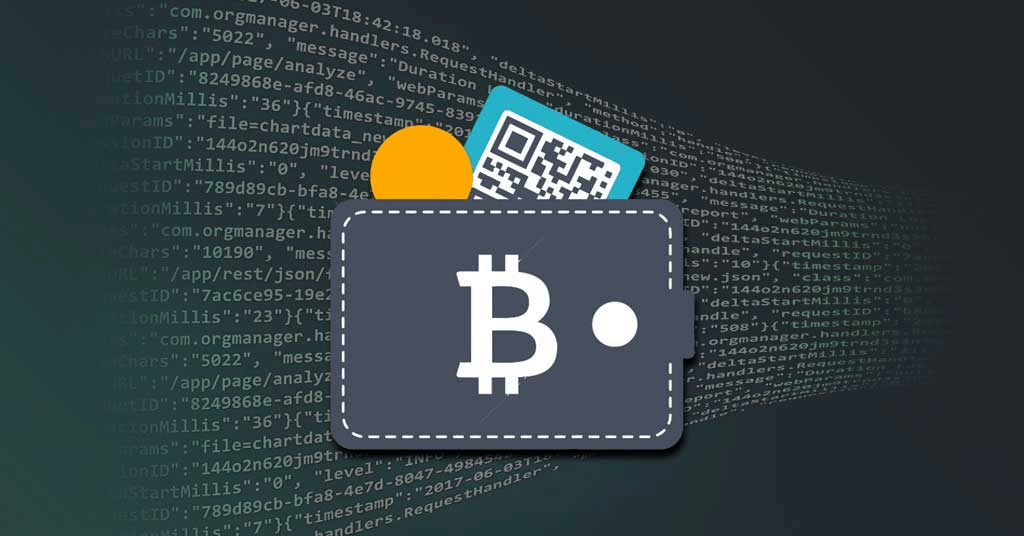
5. Safety tips for handling wallet addresses
There are several ways to secure your wallet address:
- Use Secure Wallets: Choose reputable and secure wallet providers or software. Ensure that the wallet you use has strong security features and a good reputation for protecting user funds and information.
- Keep Your Private Key Secure: Your wallet address is derived from your public key, which is in turn linked to your private key. Safeguard your private key at all costs and never share it with anyone. Store it in a secure location, such as a hardware wallet or encrypted digital storage.
- Double-Check Addresses: Always double-check the wallet address before sending or receiving funds. Mistakenly sending funds to the wrong address can result in irreversible loss.
- Enable Two-Factor Authentication (2FA): Some wallets offer the option to enable two-factor authentication, adding an extra layer of security to your account. This typically involves entering a code sent to your mobile device or email to verify transactions.
- Backup Your Wallet: Regularly backup your wallet data, including your wallet address and private keys. Store backups securely in multiple locations to ensure you can recover your funds if your device is lost or compromised.
- Use Hardware Wallets: Consider using hardware wallets, which are physical devices designed specifically for storing cryptocurrency keys offline. Hardware wallets provide enhanced security compared to software wallets by keeping your keys isolated from internet-connected devices.
- Be Cautious with Public Sharing: While wallet addresses are meant to be shared publicly for receiving funds, avoid sharing them on insecure platforms or with untrusted individuals. Be mindful of potential phishing scams or malicious actors attempting to exploit publicly shared addresses.
- Keep Software Updated: Ensure that your wallet software is up to date with the latest security patches and updates. Software vulnerabilities can be exploited by attackers to compromise your wallet and steal funds.
In conclusion, wallet addresses serve as the cornerstone of cryptocurrency transactions, facilitating the seamless transfer of digital assets across blockchain networks. Understanding the intricacies of wallet addresses and implementing robust security measures are paramount for safeguarding funds and navigating the dynamic landscape of cryptocurrencies effectively.
Read more:

 English
English Tiếng Việt
Tiếng Việt
